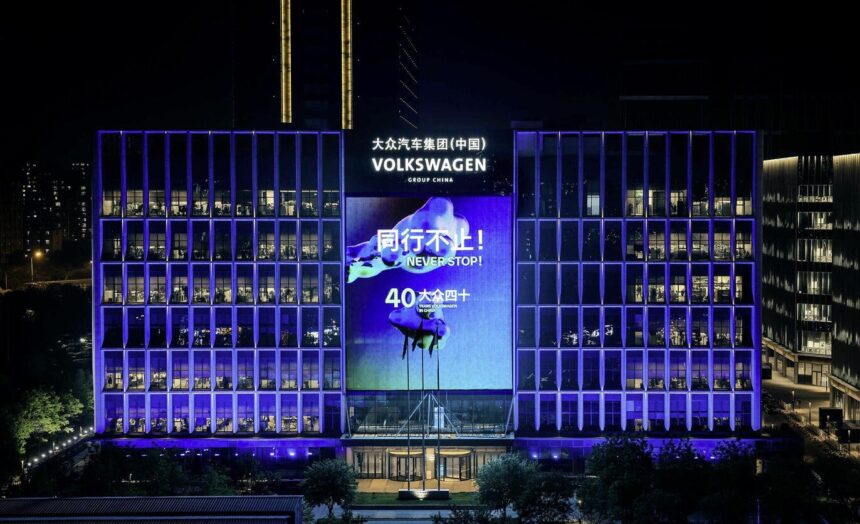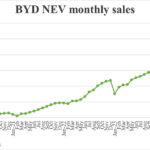Volkswagen Group has officially announced the sale of its stake in a contentious plant located in China’s Xinjiang Autonomous Region. The decision comes after increasing pressure on the German automaker to exit the region due to documented human rights abuses, including forced labor in mass detention camps, which the Chinese government has denied.
The plant, which previously produced passenger vehicles like the Volkswagen Santana and assembled internal combustion engines, has seen a reduced role within Volkswagen in recent years. Currently, it employs fewer than 200 staff members who perform pre-delivery checks for vehicle dealers in the region. Following the sale, Volkswagen will no longer have a presence in Xinjiang.
Volkswagen, in partnership with state-owned SAIC Motor, has agreed to sell the facility to Shanghai Motor Vehicle Inspection Certification (SMVIC), a subsidiary of state-owned Shanghai Lingang Development Group. As part of the deal, SMVIC will also take over SAIC-VW’s test tracks in Turpan, Xinjiang, and in Anting, Shanghai.
A Volkswagen spokesperson stated that there was no longer a business case for the plant, and the sale allows the company to move away from years of controversy and pressure from shareholders and global human rights groups. Volkswagen has denied reports that it was pressured by the Chinese government to continue operating the plant.
The decision to divest from the Xinjiang facility aligns with Volkswagen’s broader cost-cutting efforts, which include staff redundancies and potential plant closures in Germany and other regions due to weak sales in China and Europe.
This move by Volkswagen follows a similar decision by German chemicals company BASF, which announced earlier this year that it would expedite its exit from two joint ventures in the Xinjiang region.







